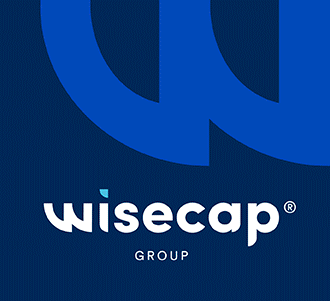Customers and markets are demanding ever-more sophisticated inspection performance to ensure constant maximisation of output quality and allow real-time resolution of any potential deviation from production standards. The solution? Computer Vision by SACMI, which the company will present this year at the K fair in Düsseldorf, starting with a cutting-edge application that executes on-line preform quality control using polarised light.
Generally used to identify abnormal stress on preform surfaces, polarised light inspection previously had the drawback of being impossible to perform directly on-line because traditional algorithms were not up to the task. SACMI has now succeeded in replacing traditional sampling checks - performed manually on test benches - with a fully automated control system that works in combination with advanced AI algorithms.
The fair will showcase the PVS10L, equipped with the new, patented SACMI control system. With the PVS10L, in fact, the preform line is transformed into a system that can simply and quickly "self-learn" all the required checks. This simplifies QC procedures and improves working conditions for operators, who can work directly on the line without having to manually set inspection recipes, the complexity of which reflects the growing sophistication of the products and customers' changing needs.
SACMI's computer vision range depends on the drive to develop algorithms reliable enough to automate such tasks. That approach is becoming the standard in various fields and is leading to the development of new applications and other products and/or stages of the production process.
The ultimate goal is to boost quality control, extending it from inspection of every individual product to government of the entire production process, thus maximising line efficiency by objectively identifying - without variables that depend on human intervention - the problem type and its origin.
Development of AI algorithms - used together with traditional video camera inspection techniques - is also being driven by the need to simplify the system.
This results in a dual advantage: the possibility of fielding new checks and, at the same time, simplifying the checks themselves with systems that can self-learn and thus respond to the most complex inspection needs of the plastics and metal graphics industries while minimising waste and optimising process costs.
Discover all the latest from SACMI at the international K 2019 HALL13 # 13A63 fair (Düsseldorf, 16-23 October).
Sustainability by SACMI. The future starts here.




